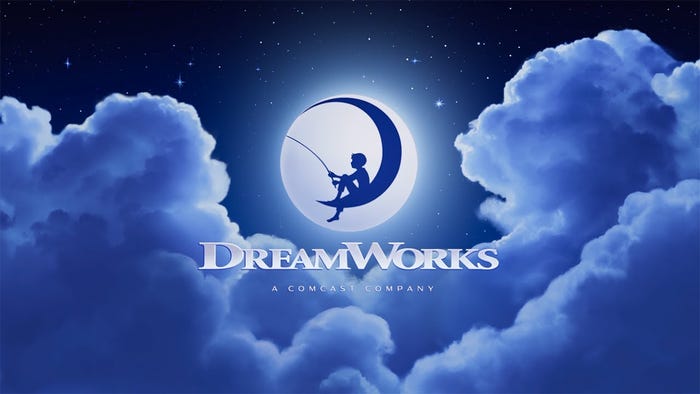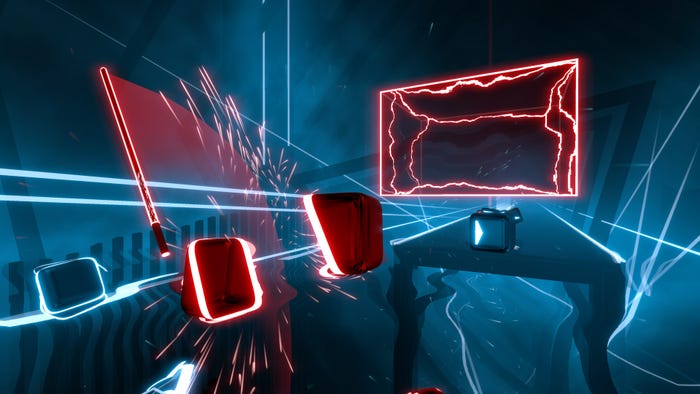The "Should Fallacy" of Game Criticism
In assessing a game, so often we - whether critics or players - often mistake games' features as bugs or negative properties. We should start seriously examining actual negative aspects, not (so much) ones we've conjured up or would like to see.

In my review of Beyond: Two Souls, I argued the game was more digital book than film. Film demands almost no active engagement from an audience, whereas novels require you to turn pages, read word after word, create images in your head and so forth. Beyond’s minimal player input required equally minimal thought: you were literally told what to do via large dots. Death was less a threat to your losing the game than a real-world power-out. As with a book, all you do is turn the page – in this case, her first name was Ellen.
In discussions of the game, this is a common criticism: Beyond is “barely” a game, if a game at all, due to requiring almost no player input. Some asserted it should’ve just been a film. However, this mistakes description for criticism: the claim identifies a property of the game as deficiency of what the critic wants there to be.
Beyond just is a game requiring little input from the player. Just as Mass Effect isn’t an open-world game like Skyrim, just as Mario isn’t a bloody fighting game with finishing moves, so Beyond isn’t a Deus Ex: Human Revolution. We already have a Deus Ex, a Skyrim and so on: why do they need to be remade?
That minimal degree of impact from the player wasn’t a bug, it was a feature. You may not like it – I did – but criticising that important property, that which makes Beyond the game it is and able to tell its story, is as misplaced as saying Duke Nukem should be a strategy game.
Second, though it might appear strange to have so little impact on a game, as one does with Beyond, that doesn’t make it any “less” a game. The purification and sanctification of what makes something a game – or, perhaps, nauseatingly, a “true” or “hardcore” game – is of concern to no one save those who wish to maintain their arbitrarily strict parameters. Let them fight their weird, internecine battles while we get on with actually experiencing a range of interactions, since what we call them doesn’t make them any less impactful. What’s more interesting than whether something is a game, film, book or whatever is whether it manages to entertain. (See also the childish discussions of what makes someone a “true�” geek or nerd.)
It can fail to entertain, but when it does we should criticise properties that are actually to its detriment; not target properties that form the framework of the product itself and wish for this to change.
Beyond’s minimal player impact was necessary, a design decision made by smart people who know how to make stories better than most of us. We forget that these people know what they’re doing, often; they’re quite aware of the criticisms lobbied at them. Of course, they can be blind and dismissive, seeing nothing but perfection due to a kind of parental instinct.
The point remains: we need to recognise what we’re targeting.
A very common criticism you often hear in reviews or discussions is that a game “should” have done this, or “should” be that. Now, of course, criticisms are often about measuring events and story and so on against a yardstick of logic - free from the irritating but real-world constraints of budget, producers, investments and so forth. But sometimes it is measured against preferences that just aren’t taking into account the target of criticism.
For example, Prometheus’ story and character decisions were as rubbish as they come. Running in the shadow of a rolling crescent-shaped ship; biologists freaked about dead aliens but playful with terrifying snake monsters; characters disappointed after only a few hours excavation, even though they’ve made the greatest discovery of our species. These are not features: these are acts of enormous stupidity, in a film that was aiming to be serious, aiming to tackle large themes, aiming to convince us these were some of the world’s smartest people.
Beyond isn’t trying to be a Deus Ex with branching consequences. Yes, the developers were in “hype speak” when they mentioned you could interact with everything and Jodie’s reaction would match the environment (obviously: you just have to script that!) But this isn’t a criticism of the game itself: it’s a criticism of unfulfilled expectations, premised on the marketing machine surrounding the game. This should no longer be a criticism anymore, since if you believe every word developers and publishers make about their upcoming game, you clearly haven’t been paying attention to the point of businesses.
We can criticise the game for poor mechanics, boring and cliché story, perhaps not doing “more” with very specific certain parts (like Aiden) that would have added, not detracted, from the story; we can do all these things, while not viewing its lack of player input as criticism or bug, but feature.
This matters because when you start saying an essential part of a game’s framework “should” be something else, you’re not experiencing or critiquing the actual game: you’re playing with the ghost of a game that doesn’t exist. This makes much of the rest of your criticism probably lacking in its accuracy, since, after all, you’re not playing the same game others are.
[Orignally published at GameZone]
Read more about:
BlogsAbout the Author(s)
You May Also Like













